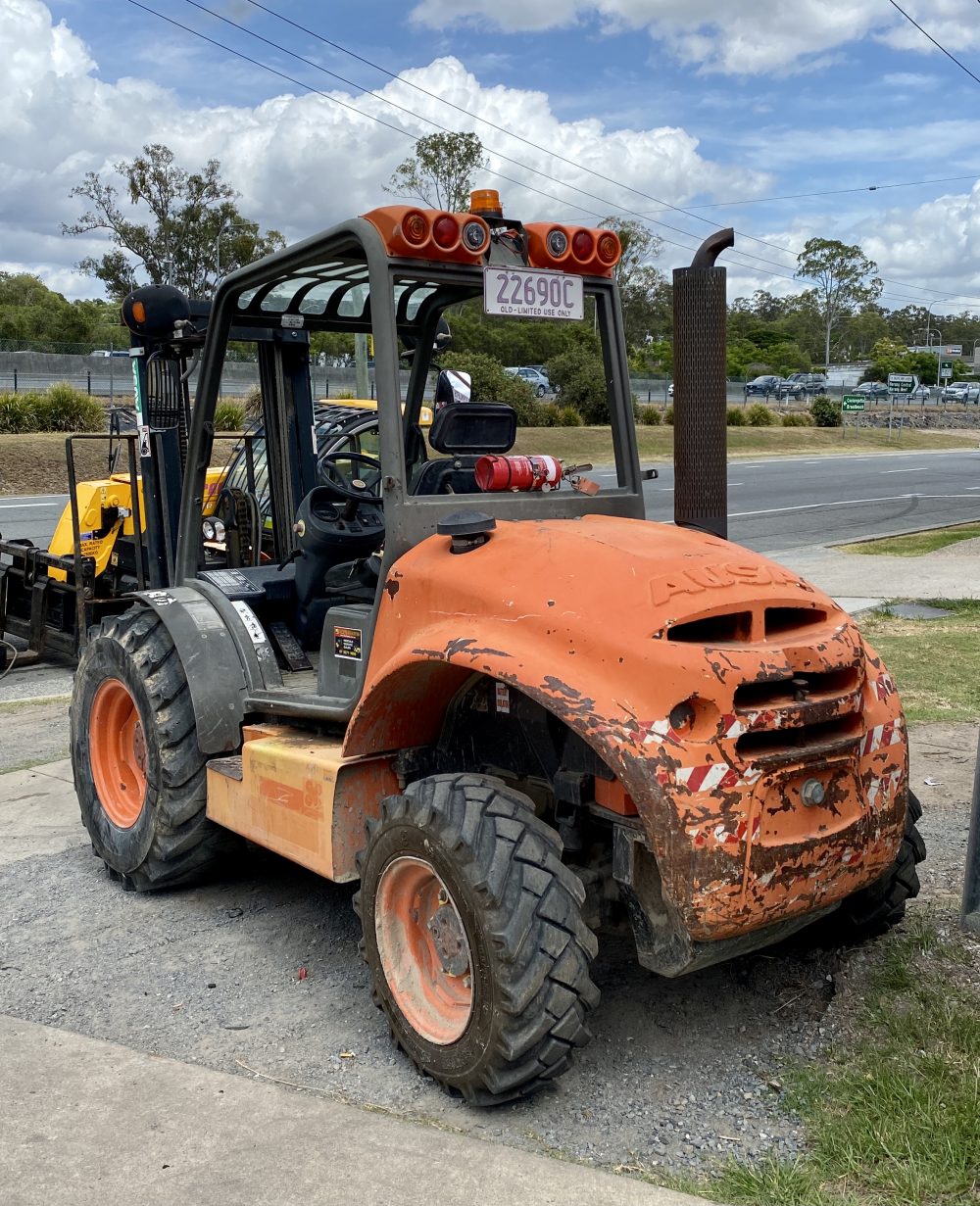
They’ve also invested heavily in exhaust control, complying with EPA regulations despite the fact that their machines do not use an exhaust after-treatment system.
#ALL TERRAIN FORKLIFT PROFESSIONAL#
Techs: How many professional service technicians do they have available? And are they in-house or sub-contracted?.But, in general, when comparing dealers, it’s important to pay attention to these three traits: We’ll cover the process of choosing a dealer in more detail below. In fact, as any dealer will probably tell you, post-sale support and routine maintenance are two of the greatest contributing factors to achieving long-term ROI on a piece of material handling equipment. Post-sale, they maintain and service your equipment, whether the scheduled maintenance is conducted on-site at your location or at their facility. Dealer support has a huge impact on effectively pairing the right machine with your intended purpose. But before getting into the technical components, we have to start with one of the most important considerations when comparing rough terrain forklifts: the dealer.Ī rough terrain forklift dealer should be the first (and most important) consideration in your purchase process. We’ll also break down the different types and specs, finishing off with a review of the most popular attachments capable of cutting costs on almost any job site. This purchasing guide will examine the specific features that qualify the machines to be considered 'rough terrain'.

Rough terrain forklifts also feature multipurpose functionality – a feature that's driven by an extensive assortment of attachments and accessories, and one that continues to further broaden their usefulness across a range of industries and applications. Top models are equipped with features that include robust transmissions geared for quick directional changes, custom tires that provide enhanced traction on loose, rocky terrain, and two- or four-wheel operation for safe, effective navigation. Rough terrain forklifts have achieved a broad level of adoption due to the mobility of the machines themselves. Commonly found on port loading docks, scrap yards and recycling plants, and within an endless variety of other industrial applications, there is one consistency among every rough terrain forklift: versatility. Rough terrain forklifts, often known as telehandlers, are engineered for operation on some of the most extreme terrain and climatic conditions.


 0 kommentar(er)
0 kommentar(er)
